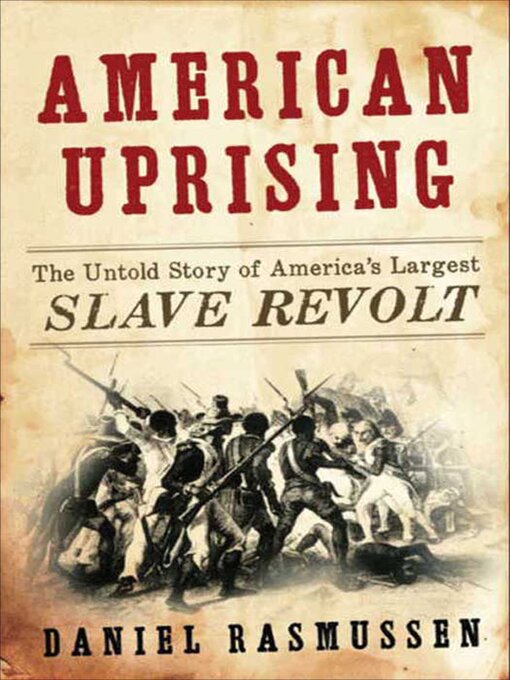“A chilling and suspenseful account [of] the culmination of a signal episode in the history of American race relations.” —Adam Goodheart, The New York Times Book Review
In January 1811, five hundred slaves, dressed in military uniforms and armed with guns, cane knives, and axes, rose up from the plantations around New Orleans and set out to conquer the city. Ethnically diverse, politically astute, and highly organized, this self-made army challenged not only the economic system of plantation agriculture but also American expansion. Their march represented the largest act of armed resistance against slavery in the history of the United States.
American Uprising is the riveting, long-neglected story of the rebel army's dramatic march on the city, and its shocking conclusion. No North American slave uprising—not Gabriel Prosser's, not Denmark Vesey's, not Nat Turner's—has rivaled the scale of this rebellion either in terms of the number of the slaves involved or the number who were killed. More than one hundred slaves were slaughtered by federal troops and French planters, who then sought to write the event out of history and prevent the spread of the slaves' revolutionary philosophy.
Through groundbreaking research, Daniel Rasmussen offers a window into expansionist America, illuminating the early history of New Orleans and providing new insight into the path to the Civil War and the slave revolutionaries who fought and died for the hope of freedom.
“Crisp, confident . . . Rasmussen tells this story with verve.” —John Stauffer, The Wall Street Journal
“Breathtaking. . . . [A] fascinating narrative of slavery and resistance [that] tells us something about history itself—about how fiction can become fact, and how ‘history’ is sometimes nothing more than erasure.” —Henry Louis Gates, Jr.
- English
- Español


